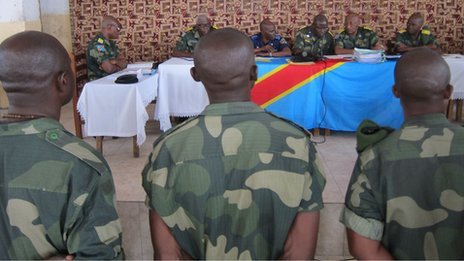by Tony Iozzo
Impunity Watch Reporter, Europe
MUNICH, Germany – Cornelius Gurlitt, the German owner of over 1,400 artworks believed to have originally been stolen by the Nazis during World War II, has stated that he is the legal owner and will not voluntarily hand over the paintings.

Gurlitt stated that the paintings had been acquired legally in an interview with Der Spiegel magazine. The collection is estimated to be worth over 1 billion dollars. It was found in Gurlitt’s Munich apartment back in March 2012.
The collection includes paintings by Marc Chagall, Pablo Picasso, Henri Matisse, Otto Dix and Max Liebermann. Experts opined that many of the paintings and sketches are in excellent condition.
The works were discovered in Gurlitt’s home in March 2012 during a routine tax inspection. Most are believed to have been seized by the Nazis from their owners during World War II, and were long thought to have been lost or destroyed.
Gurlitt inherited the collection from his father, Hildebrand. Hildebrand was an art dealer who sold works which had been confiscated or bought by the Nazis, and Gurlitt contends that this latest collection was rightfully acquired. Authorities are conducting investigations to establish who the possible original owners of the paintings may be.
Gurlitt, 80, had been silent regarding the collection since the authorities discovered it, until now.
“I’m giving nothing up voluntarily,” he stated in the interview when asked whether he would return any works to their original owners. Gurlitt contended that his father obtained the works legally. He also accused authorities and the public of misrepresenting him, stating that he had already provided the authorities with enough evidence to remove any suspicion from him.
German prosecutors have said they do not have “any strong suspicion of a crime that would justify an arrest.”
Jewish groups have complained at the length of time it took the German authorities to unveil the artworks. Their existence became public at the beginning of November. Jewish families and museums believe the paintings were taken from them by the Nazis and are calling for their return. The collection is being held at an undisclosed location for the time being.
For more information:
ABC News – Hoarder of Nazi-Looted Art Treasures Calls Paintings the Love of His Life – 17 November 2013
BBC News – Nazi-Looted Art: German Collector Says He Owns Pictures – 17 November 2013
Haaretz – Munich Art Collector Spent His Life Among His Paintings and No One Else – 17 November 2013
CNN – Who Were the Mystery Men Behind Germany’s “Nazi-Looted” Art Haul? – 11 November 2013

